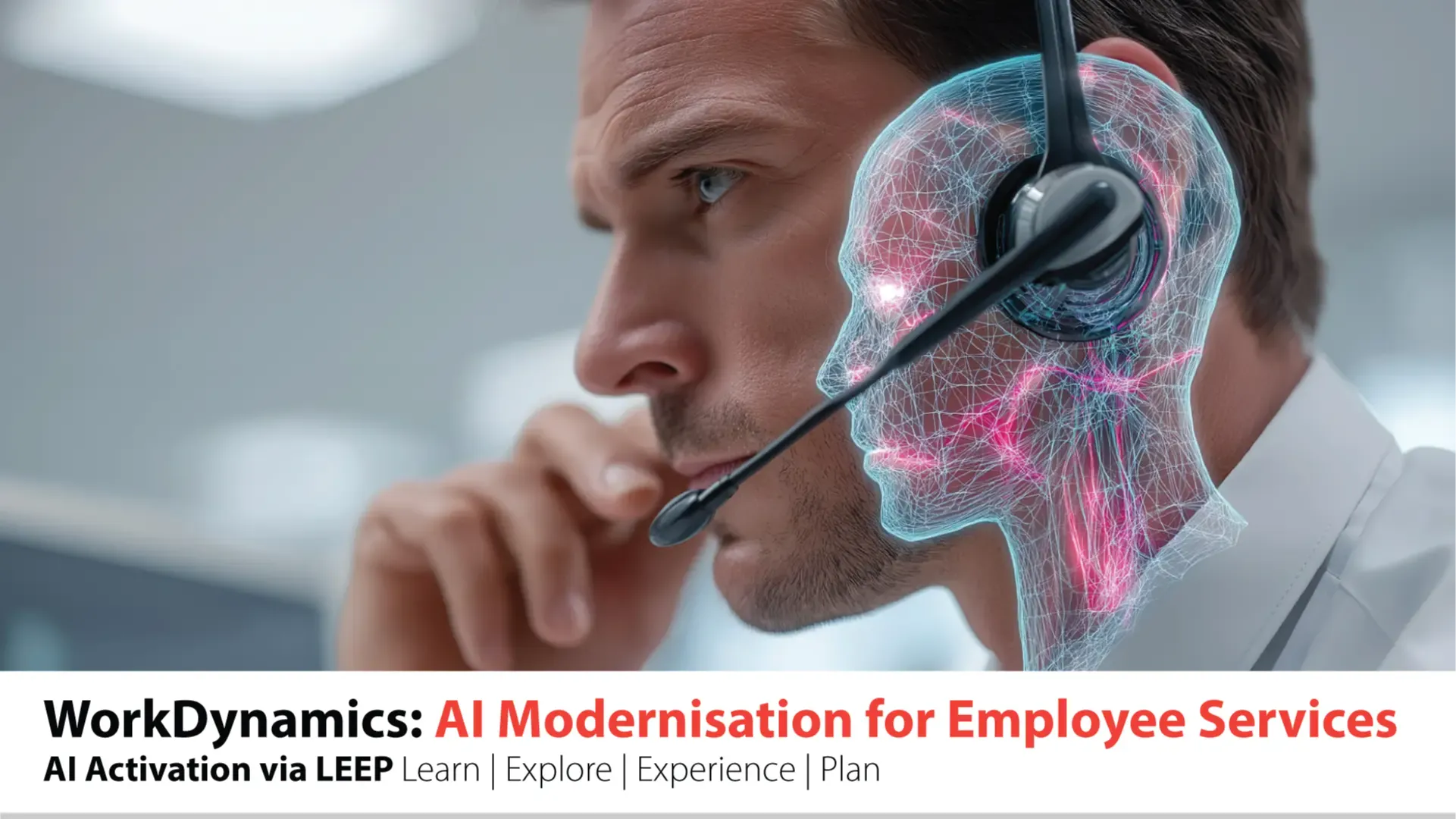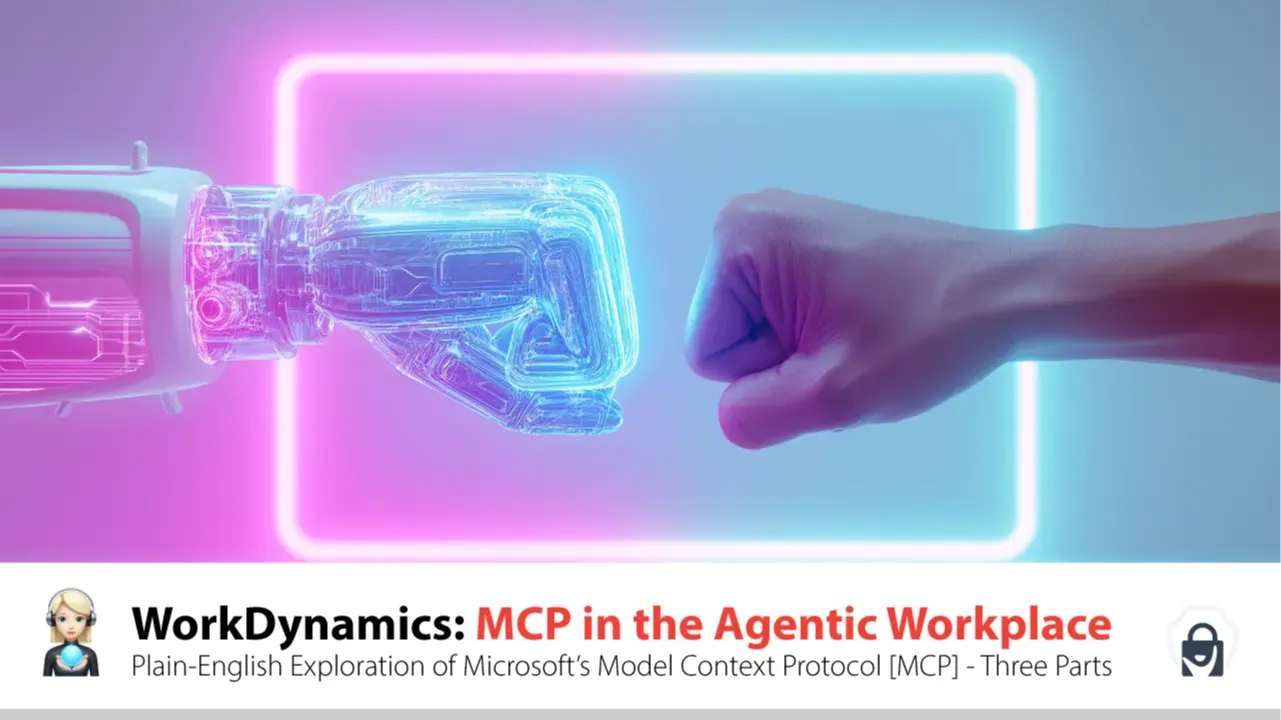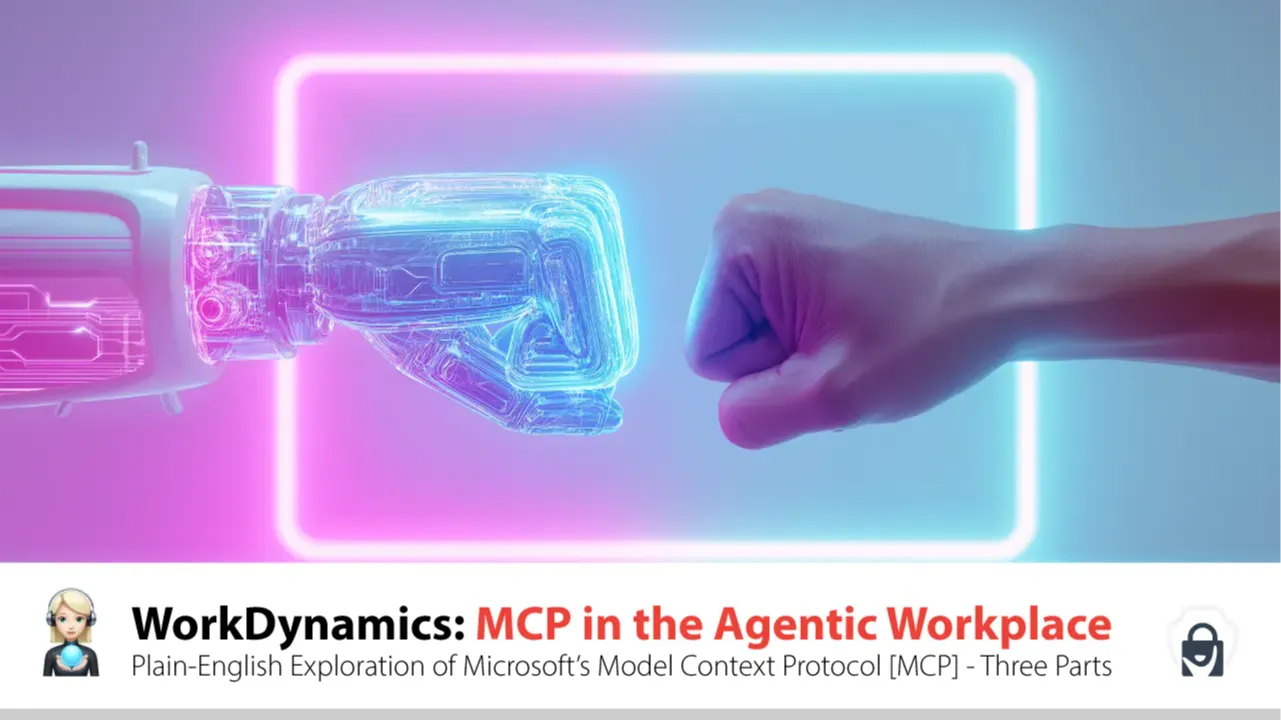AI Agents, Customer Service & Back Office Operations
Jun 25, 2025
From Rules to Intelligence: How Native AI Agents Are Transforming Customer Service and Back Office Operations
In today’s fast-paced and complex business environment, the systems we rely on to manage work are undergoing a profound transformation. For decades, deterministic systems—those built on fixed rules and predictable logic—have been the backbone of workplace automation. These systems were reliable, consistent, and ideal for repetitive tasks. But as the nature of work evolves, so too must the systems that support it.
Enter AI-enabled workplace systems—powered by native AI and intelligent agents that are reshaping how organisations operate, particularly in customer service and back office functions. Unlike their deterministic predecessors, these systems are adaptive, context-aware, and capable of learning from data. They don’t just follow rules—they evolve. This shift allows organisations to move beyond static automation and embrace intelligent assistance. AI can now prioritise tasks based on urgency, personalise workflows, and even anticipate needs based on historical patterns and user behaviour.
This adaptability is especially valuable in environments where conditions change rapidly and decisions must be made with incomplete information. AI systems continuously analyse data to surface insights, detect anomalies, and predict outcomes—empowering teams to make faster, more informed decisions. Another key advantage is their ability to personalise experiences. Where deterministic systems treat all inputs the same, AI-enabled systems tailor responses based on context, preferences, and goals. This not only improves efficiency but also enhances user engagement and satisfaction.
The transition from deterministic to AI-enabled systems marks a broader shift in workplace design—from control and predictability to intelligence and agility. It’s a move that enables organisations to be more resilient, responsive, and innovative. As AI continues to mature, its role in shaping the future of work will only grow. For leaders and teams alike, embracing this shift isn’t just a technological upgrade—it’s a strategic imperative.
At the heart of this transformation are AI agents—digital entities that can perform tasks, make decisions, and interact with users or systems. These agents can be interactive, designed to collaborate with humans by offering suggestions, answering questions, or guiding users through processes. They can also be autonomous, capable of acting independently, making decisions, and executing tasks without human intervention. Together, these agents form the backbone of intelligent operations. Whether it’s a virtual assistant handling customer queries or a back-office agent reconciling financial data, these AI-powered workers are reshaping how work gets done.
Customer service is one of the most visible areas where agentic AI is making an impact. But this isn’t just about chatbots. Modern AI agents can understand natural language with nuance and context, personalise responses based on customer history and preferences, escalate complex issues to human agents with full context, and learn from interactions to improve over time. For example, a native AI agent embedded in a customer service platform can detect frustration in a customer’s tone, adjust its language accordingly, and offer proactive solutions—all in real time. This level of intelligence and empathy was unthinkable with deterministic systems. But with agentic AI, it’s becoming the new standard.
While customer-facing roles get the spotlight, the real magic often happens behind the scenes. Back office operations—finance, HR, compliance, IT—are ripe for AI transformation. AI agents are now handling invoice processing by extracting data, validating entries, and flagging anomalies. In HR, interactive agents guide new hires through onboarding, training, and policy understanding. Compliance teams benefit from agents that continuously scan for policy violations or regulatory risks. In IT, AI agents resolve common issues, manage tickets, and even predict system failures. These agents don’t just automate—they augment. They work alongside human teams, handling the repetitive and complex so people can focus on strategy, creativity, and decision-making.
As organisations deploy more agents, managing them becomes critical. That’s where an AI agent directory comes in. An AI agent directory is a structured catalogue of all deployed agents, detailing their roles, responsibilities, integration points, performance metrics, and governance status. Think of it as your organisation’s AI workforce roster. It ensures transparency, accountability, and scalability. At Devworkz, we help clients build and maintain their own AI agent directories, ensuring every agent is aligned with business goals and ethical standards.
The shift from rules to intelligence is not just a technical evolution—it’s a cultural and strategic one. AI agents can process and respond faster than any human or rule-based system. They scale effortlessly, adapt to change, and continuously learn. This isn’t just about efficiency. It’s about empowering people. When AI handles the repetitive and reactive, humans can focus on the proactive and strategic.
Imagine a large government agency managing thousands of citizen service requests daily. In the past, these were triaged manually, leading to delays and inconsistencies. With native AI and a suite of AI agents, the agency now automatically categorises and prioritises requests, routes them to the right department, provides real-time updates to citizens, and flags urgent or sensitive cases for human review. The result is faster service, higher satisfaction, and a more empowered workforce.
If you’re ready to move from rules to intelligence, the journey begins with assessing your current systems and identifying where deterministic logic is holding you back. Define your goals and determine what outcomes you want AI to support. Start with one agent in a high-impact area like customer service or HR. Build your AI agent directory to create a framework for managing and scaling agents. And most importantly, invest in AI literacy so your teams understand and trust the technology.
The future of work is not just digital—it’s agentic. As AI agents become more capable and more common, organisations that embrace this shift will lead in efficiency, innovation, and trust. At Devworkz, we specialise in native AI applications and intelligent agents that are built for real workplaces. Whether you’re looking to transform customer service, streamline back office operations, or build your own AI agent directory, we’re here to help.
This isn’t just a technological upgrade—it’s a strategic imperative. The systems of the future won’t just follow rules. They’ll think, learn, and evolve. And the time to start is now.
WorkDynamics: Managed AI Modernisation of your Workplace & Systems




